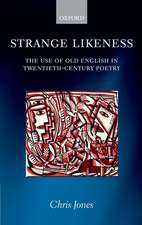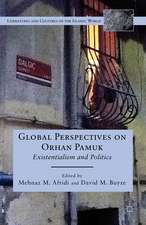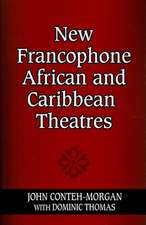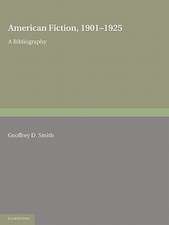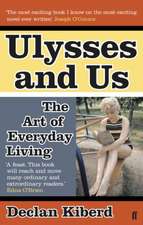After Empire: Scott, Naipaul, Rushdie
Autor Professor Michael Gorraen Limba Engleză Paperback – 5 mar 1997
In After Empire Michael Gorra explores how three novelists of empire—Paul Scott, V. S. Naipaul, and Salman Rushdie—have charted the perpetually drawn and perpetually blurred boundaries of identity left in the wake of British imperialism.
Arguing against a model of cultural identity based on race, Gorra begins with Scott's portrait, in The Raj Quartet, of the character Hari Kumar—a seeming oxymoron, an "English boy with a dark brown skin," whose very existence undercuts the belief in an absolute distinction between England and India. He then turns to the opposed figures of Naipaul and Rushdie, the two great novelists of the Indian diaspora. Whereas Naipaul's long and controversial career maps the "deep disorder" spread by both imperialism and its passing, Rushdie demonstrates that certain consequences of that disorder, such as migrancy and mimicry, have themselves become creative forces.
After Empire provides engaging and enlightening readings of postcolonial fiction, showing how imperialism helped shape British national identity—and how, after the end of empire, that identity must now be reconfigured.
Arguing against a model of cultural identity based on race, Gorra begins with Scott's portrait, in The Raj Quartet, of the character Hari Kumar—a seeming oxymoron, an "English boy with a dark brown skin," whose very existence undercuts the belief in an absolute distinction between England and India. He then turns to the opposed figures of Naipaul and Rushdie, the two great novelists of the Indian diaspora. Whereas Naipaul's long and controversial career maps the "deep disorder" spread by both imperialism and its passing, Rushdie demonstrates that certain consequences of that disorder, such as migrancy and mimicry, have themselves become creative forces.
After Empire provides engaging and enlightening readings of postcolonial fiction, showing how imperialism helped shape British national identity—and how, after the end of empire, that identity must now be reconfigured.
Preț: 248.64 lei
Nou
Puncte Express: 373
Preț estimativ în valută:
47.58€ • 49.16$ • 39.60£
47.58€ • 49.16$ • 39.60£
Carte tipărită la comandă
Livrare economică 25 martie-08 aprilie
Preluare comenzi: 021 569.72.76
Specificații
ISBN-13: 9780226304755
ISBN-10: 0226304752
Pagini: 218
Dimensiuni: 140 x 216 x 18 mm
Greutate: 0.3 kg
Ediția:1
Editura: University of Chicago Press
Colecția University of Chicago Press
ISBN-10: 0226304752
Pagini: 218
Dimensiuni: 140 x 216 x 18 mm
Greutate: 0.3 kg
Ediția:1
Editura: University of Chicago Press
Colecția University of Chicago Press
Cuprins
Introduction
After Empire
1. The Situation: Paul Scott and The Raj Quartet
2. V. S. Naipaul: In His Father's House
3. The Novel in an Age of Ideology: On the Form of Midnight's Children
Appendix to Chapter 3: "Burn the Books and Trust the Book": The Satanic Verses, February 1989
Conclusion
Notes towards a Redefinition of Englishness
Notes
Index
After Empire
1. The Situation: Paul Scott and The Raj Quartet
2. V. S. Naipaul: In His Father's House
3. The Novel in an Age of Ideology: On the Form of Midnight's Children
Appendix to Chapter 3: "Burn the Books and Trust the Book": The Satanic Verses, February 1989
Conclusion
Notes towards a Redefinition of Englishness
Notes
Index




